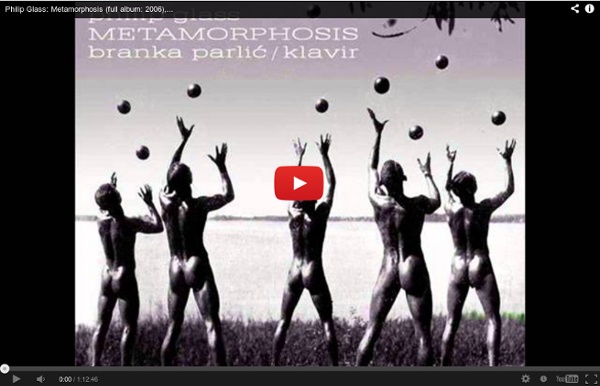



Pour qui, pour quoi travaillons-nous ?: Amazon.fr: Jacques Ellul, Michel Hourcade, Jean-Pierre Jézéquel, Gérard Paul Les forces imaginantes du droit - broché - Mireille Delmas-Marty • Ce volume, le dernier des Forces imaginantes du droit (cours professé au Collège de France durant quatre années), s’attache à l’examen d’une question : comment oser parler de communauté de droit à l’échelle d’une planète livrée aux affrontements, à la violence et à l’intolérance ? Et comment concevoir les contours d’une communauté de valeurs par delà la diversité des cultures et l’opposition des intérêts. Explorant d’une part les interdits fondateurs, d’autre part les droits fondamentaux, Mireille Delmas-Marty n’entend pas éradiquer les différences mais relativiser le relativisme. À la recherche d’une unité de sens, dans la perspective d’un humanisme nouveau, pluriel et ouvert, elle montre que le droit peut contribuer à nourrir l’idée de bien commun. • Mireille Delmas-Marty, qui a enseigné le droit à l’Université (Lille II, Paris XI et Paris I), est titulaire de la chaire « Études juridiques comparatives et internationalisation du droit » au Collège de France.
Diplomado Virtual Internacional Pedadogía Transdisciplinaria - Bienvenido La connaissance de la connaissance d'Edgar Morin Introduction générale I. L'abîme La demande - L'inconnu de la connaissance - Le multidimensionnel et l'inséparable - La brisure - La pathologie du savoir - La crise des fondements II. Du méta-point de vue 1. 2. 3. 4. 5. 6. III. Le tabou et la résignation - Le mot« méthode » - L'inachèvement Avant-propos 1. I. Il. III. L'auto-computation - L'auto-exo-référence - Le computo polycellulaire - IV. V. Connaître, c'est primairement computer - Les deux logiques de la computation -A la source de la connaissance - A la source de la source : l'impliqué de la connaissance - Conclusion 2. 1. L'organisation de l'action et de la connaissance II La connaissance cérébrale 1. 2. Conclusions : L'animalité de la connaissance humaine La connaissance cérébrale L'hominisation de la connaissance 3. Qu'est-ce qu'un esprit capable de concevoir un cerveau capable de produire un esprit? L'extraordinaire problème Le grand schisme L'unidualité cerveau <—.> esprit .4 La machine hyper-complexe I. 1. 2. 3. 4. 5. I. 1. 2. 3. 4. III. 5.
En 2013, il faudra plus encore se méfier de la docte ignorance des experts LE MONDE | • Mis à jour le | Par Edgar Morin, sociologue et philosophe Hélas, nos dirigeants semblent totalement dépassés : ils sont incapables aujourd'hui de proposer un diagnostic juste de la situation et incapables, du coup, d'apporter des solutions concrètes, à la hauteur des enjeux. Tout se passe comme si une petite oligarchie intéressée seulement par son avenir à court terme avait pris les commandes." (Manifeste Roosevelt, 2012.) "Un diagnostic juste" suppose une pensée capable de réunir et d'organiser les informations et connaissances dont nous disposons, mais qui sont compartimentées et dispersées. Une telle pensée doit être consciente de l'erreur de sous-estimer l'erreur dont le propre, comme a dit Descartes, est d'ignorer qu'elle est erreur. L'erreur n'est pas seulement aveuglement sur les faits. Hélas. Notre machine à fournir des connaissances, incapable de nous fournir la capacité de relier les connaissances, produit dans les esprits myopies, cécités. Ce mal est généralisé.